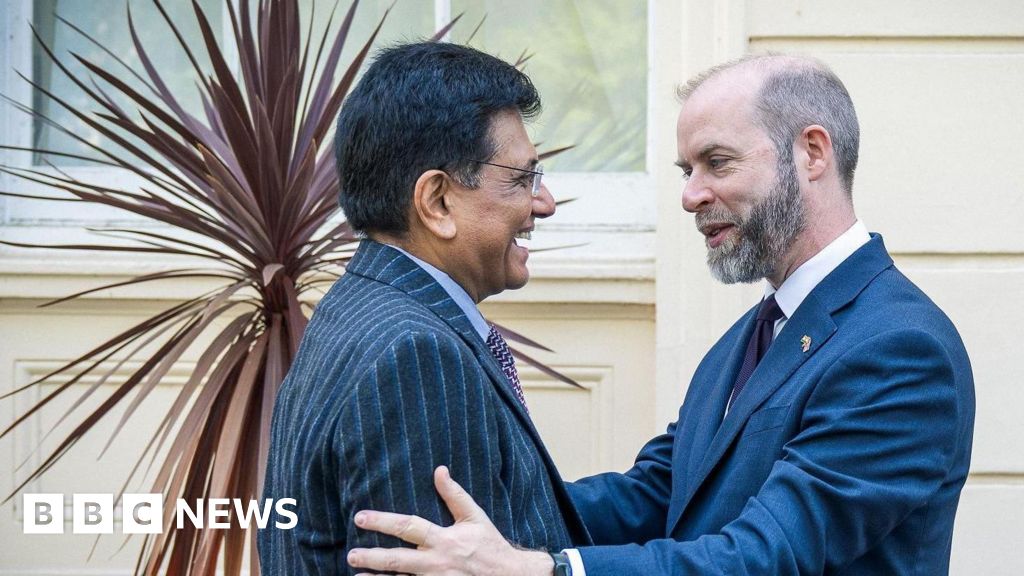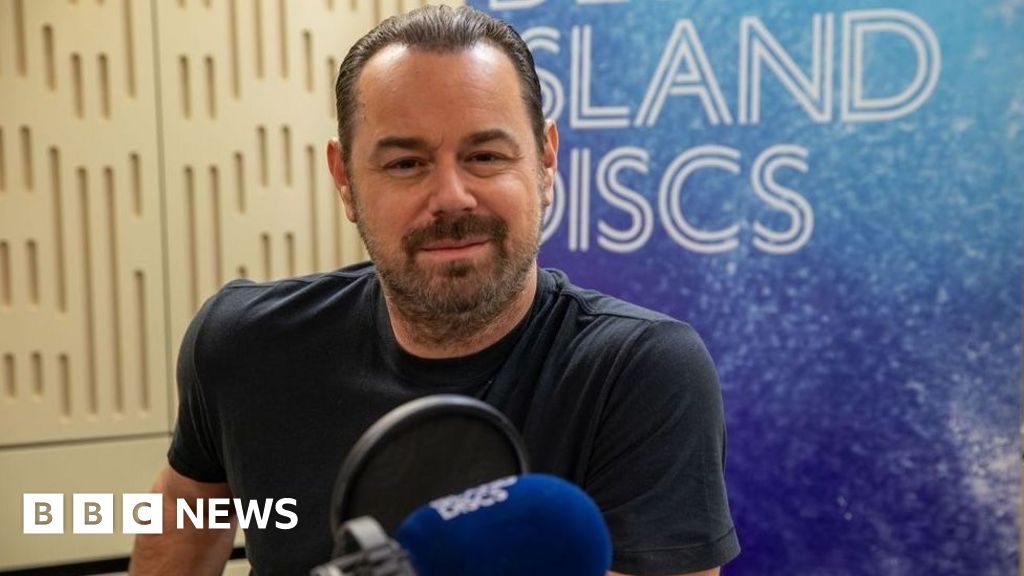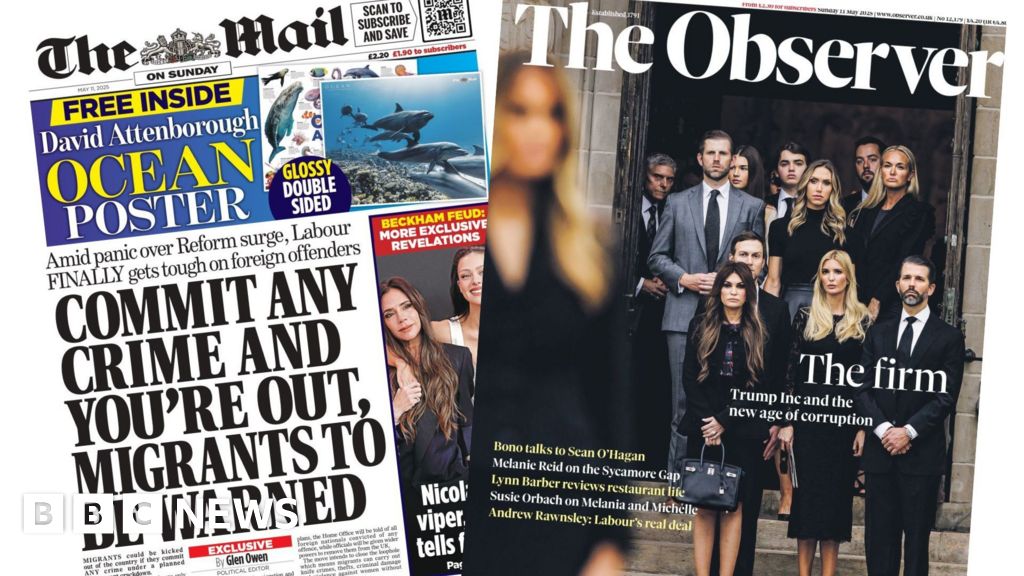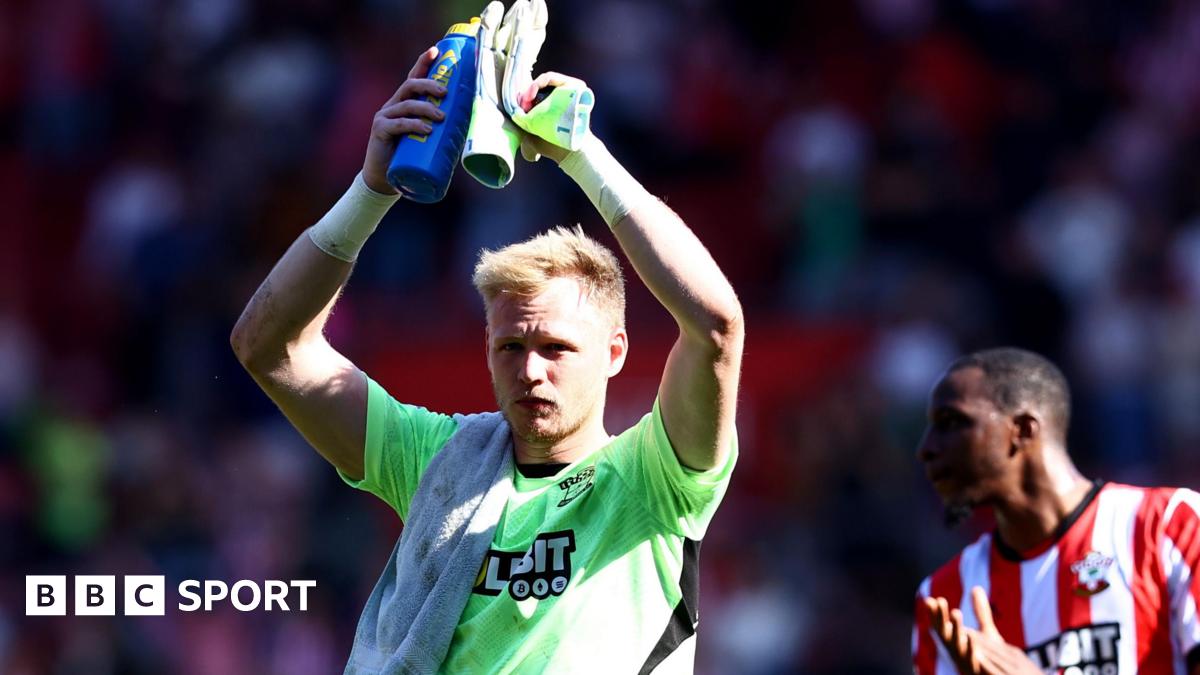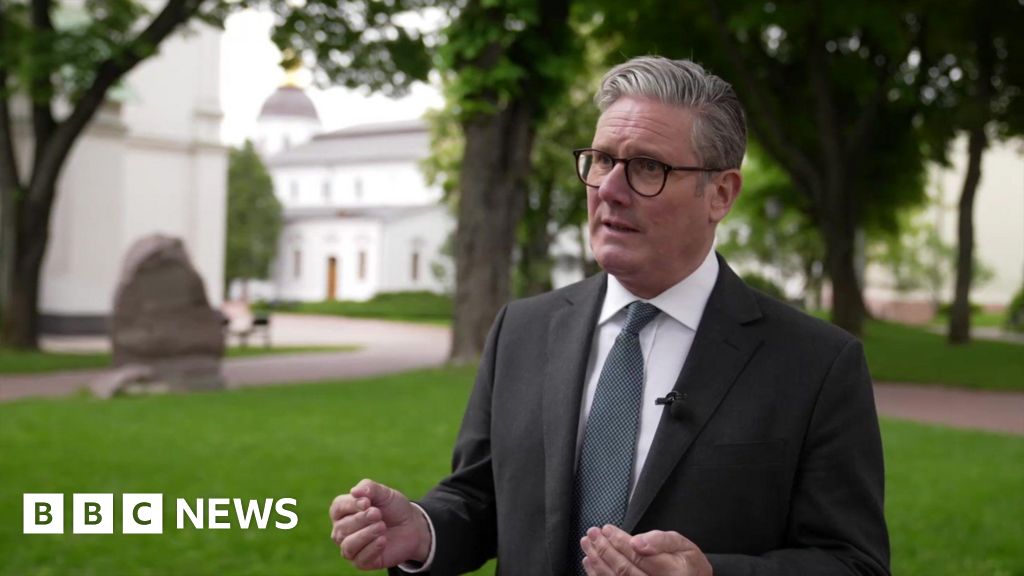The UK government has faced pushback from various opposition parties regarding the recently agreed-upon trade deal with India, with concerns that it could potentially disadvantage British workers. Business Secretary Jonathan Reynolds has firmly stated that there is no scenario in which he would tolerate British workers being undercut as a result of the trade agreement. One aspect of the deal involves extending an exemption on national insurance contributions (Nics) from one to three years, meaning individuals on short-term visas will only need to make social security payments in their home country while working abroad.
Conservative leader Kemi Badenoch has highlighted her rejection of a similar trade-off during her tenure as business secretary, citing concerns over the deal’s “two-tier taxes” that could incur significant costs for the UK. Liberal Democrat deputy leader Daisy Cooper expressed worries that the exemption could potentially undermine British workers, particularly amid challenges posed by ongoing trade disputes and tax policies. Reform UK leader Nigel Farage criticized the deal as “truly appalling,” accusing the government of disregarding the welfare of working individuals.
In response to criticisms, Reynolds emphasized that the trade deal would not negatively impact British workers. He pointed out that the UK already has 16 agreements in place to prevent double taxation of work, covering over 50 countries such as the US, EU, and South Korea. Reynolds clarified that the concerns raised by the Conservatives and Reform UK mainly pertain to situations where businesses in India or the UK second workers for short periods, affecting social security contributions. The Business Secretary hailed the deal as a significant economic victory for the UK, projected to result in accelerated growth, increased wages, and heightened tax revenue, benefiting both goods and services sectors.
Furthermore, Reynolds reassured that Indian workers under the agreement would still be obligated to pay the NHS immigration surcharge and would not be entitled to benefits from the National Insurance system. He emphasized the mutually beneficial nature of the trade deal, highlighting the positive outcomes it is expected to bring for the UK economy
Read the full article from The BBC here: Read More

